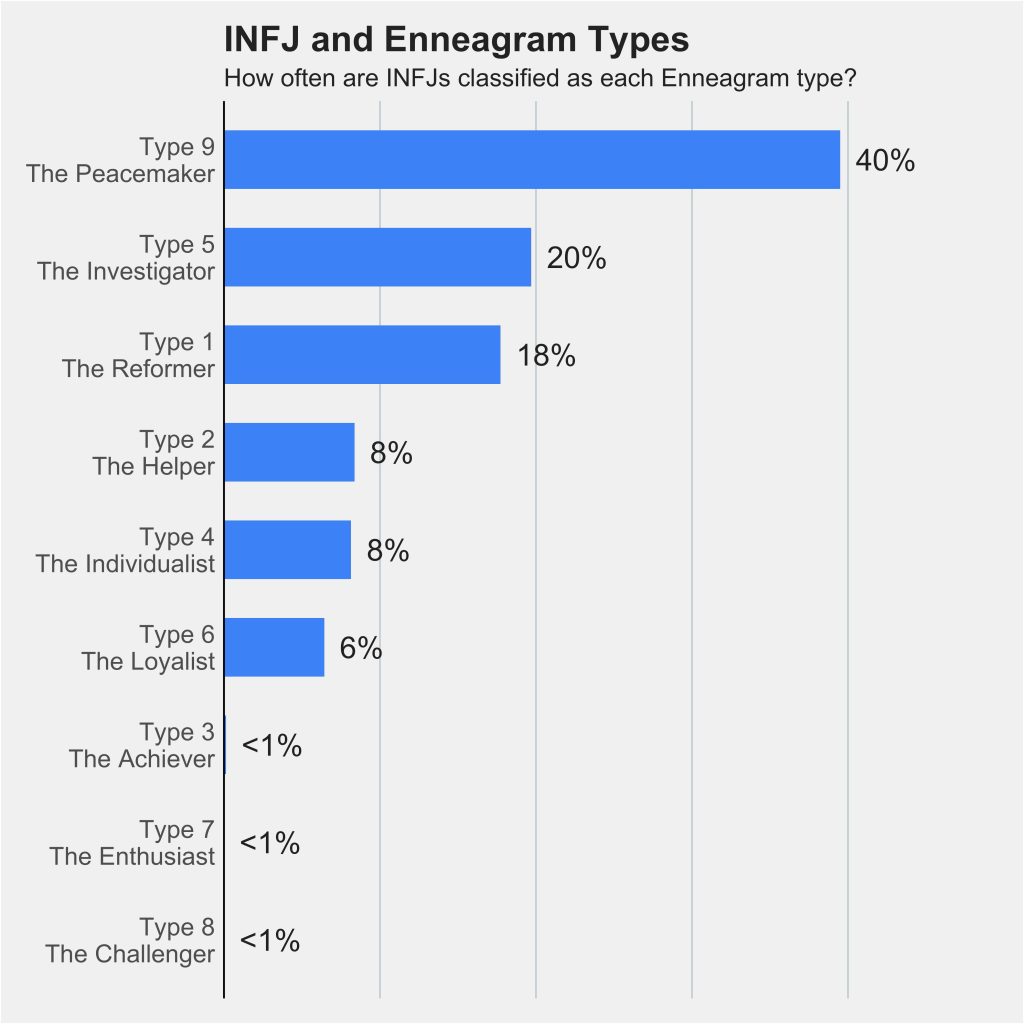“What enneagram is INFJ? A mysterious blend of introspection and empathy, INFJs often find solace in understanding the depths of their personality through the enneagram system. Delving into the intricate web of traits and motivations, INFJs seek to unravel the enigmatic enneagram type that resonates most with their innermost self. Join us on a journey to uncover the unique enneagram nuances that illuminate the path of the enigmatic INFJ.”
What Enneagram is INFJ?
Introduction
Welcome to a journey of self-discovery through the lens of the Enneagram, tailored specifically for INFJs! If
you’re an INFJ personality type, you may have found traditional personality frameworks lacking in
capturing the complexities of your inner world. The Enneagram offers a more nuanced understanding of
your motivations, fears, and desires, guiding you towards personal growth and self-awareness.
Understanding the Enneagram
The Enneagram is a powerful tool for self-awareness and personal development that identifies nine distinct personality types. Each type is represented by a number, and these numbers reflect core motivations, fears, and defense mechanisms that shape our behaviors and attitudes.
For INFJs, understanding their Enneagram type can provide valuable insights into their unique characteristics, strengths, and areas for growth. By exploring the Enneagram, INFJs can deepen their self-awareness and enhance their relationships with others.
INFJ Personality Traits
INFJs are known for their empathy, intuition, and deep emotional intelligence. They are often described as idealistic, insightful, and compassionate individuals who seek to make a positive impact on the world. INFJs are driven by their values and have a profound sense of purpose.
However, INFJs can also struggle with feelings of perfectionism, self-doubt, and a tendency to prioritize others’ needs over their own. Understanding these traits within the context of the Enneagram can illuminate the underlying motivations behind these behaviors.
Enneagram Types for INFJs
Type 1: The Reformer
INFJs who resonate with Type 1 are driven by a strong sense of ethics and a desire to do what is right. They are principled, self-disciplined, and have a clear vision of how the world should be. Type 1 INFJs may struggle with perfectionism and self-criticism.
Type 2: The Helper
INFJs aligned with Type 2 are caring, empathetic, and nurturing individuals who derive fulfillment from supporting others. They can be prone to neglecting their own needs in favor of helping those around them. Type 2 INFJs may need to establish boundaries to prevent burnout.
Type 4: The Individualist
INFJs embodying Type 4 are introspective, creative, and deeply in touch with their emotions. They have a strong desire to express their authentic selves and may feel a sense of longing or melancholy. Type 4 INFJs may benefit from cultivating self-compassion and embracing their uniqueness.
Integration and Growth for INFJs
Regardless of their Enneagram type, INFJs can leverage the insights gained to embark on a journey of personal growth and self-discovery. By integrating the wisdom of the Enneagram into their lives, INFJs can deepen their understanding of themselves and others, leading to more meaningful relationships.
INFJs are encouraged to explore the Enneagram with an open mind and a willingness to embrace change. Through self-reflection, practices like journaling, mindfulness, and seeking support from others, INFJs can navigate their inner worlds with greater clarity and compassion.
Embracing the Enneagram as an INFJ offers a path to enhanced self-awareness, personal growth, and a deeper connection to others. By delving into the intricacies of their Enneagram type, INFJs can uncover hidden aspects of themselves and transform challenges into opportunities for growth. Remember, the Enneagram is a tool for exploration, not limitation, and each individual’s journey is unique.
INFJ and Enneagram Type Correlations
Frequently Asked Questions
What characteristics define an INFJ personality type in the Enneagram system?
INFJs are typically described as compassionate, intuitive, and insightful individuals who value authenticity and connection with others. In the Enneagram system, an INFJ may exhibit traits of the Type 4 (The Individualist) or Type 1 (The Reformer), blending their deep emotional understanding with a desire for personal growth and ethical behavior.
How does the Enneagram Type influence the behavior of an INFJ?
The Enneagram Type associated with an INFJ can provide insights into their motivations, fears, and patterns of behavior. For example, an INFJ with Type 4 tendencies may be more focused on individuality and self-expression, while an INFJ with Type 1 traits may prioritize perfectionism and moral integrity in their actions.
Can an INFJ’s Enneagram Type change over time?
While the core traits of an INFJ personality remain relatively stable, it is possible for individuals to develop and evolve within their Enneagram Type. Life experiences, personal growth, and self-awareness can influence how an INFJ expresses the characteristics of their dominant Enneagram Type.
Final Thoughts
Understanding what enneagram type an INFJ is vital for personal growth. INFJs are typically enneagram type 4, the Individualist, with a strong focus on authenticity and emotional depth. This combination means INFJs often crave deep connections and value self-expression. By recognizing this unique enneagram type, INFJs can better understand their motivations and behaviors, leading to more effective self-development strategies. Embracing what enneagram is INFJ allows individuals to navigate challenges and cultivate their strengths with greater intention and awareness.




